| Zusammenfassung: | This text originated as a lecture given at the X Encuentro Vygotski, Freire y Martín Baró: Memoria y Vigencia en Movimiento, organized by the Institute of Educational Research at the University of Costa Rica. It is a theoretical reflection to argue that, although the intellectual productions and the sociopolitical actions of Lev S. Vygotsky, Paulo Freire and Ignacio Martín Baró originated in different historical moments and contexts, their ideas about the relations between Language, conscience, thought, affection and human activity are valid and pertinent to approach critical literacy at present. After a brief introduction to the subject, I proceed with an analysis of literacy as a historically situated, culturally mediated and socially executed activity that highlights the intricate relationship between technologies, literacy and psychosocial transformation. From that analysis, I go on to specify what each of the authors alluded authors contributed to the understanding of this relationship. I continue with an examination of the validity and movement of their particular legacy and the implications for an educational practice oriented to critical literacy. This leads to a final general conclusion.
|
|---|


